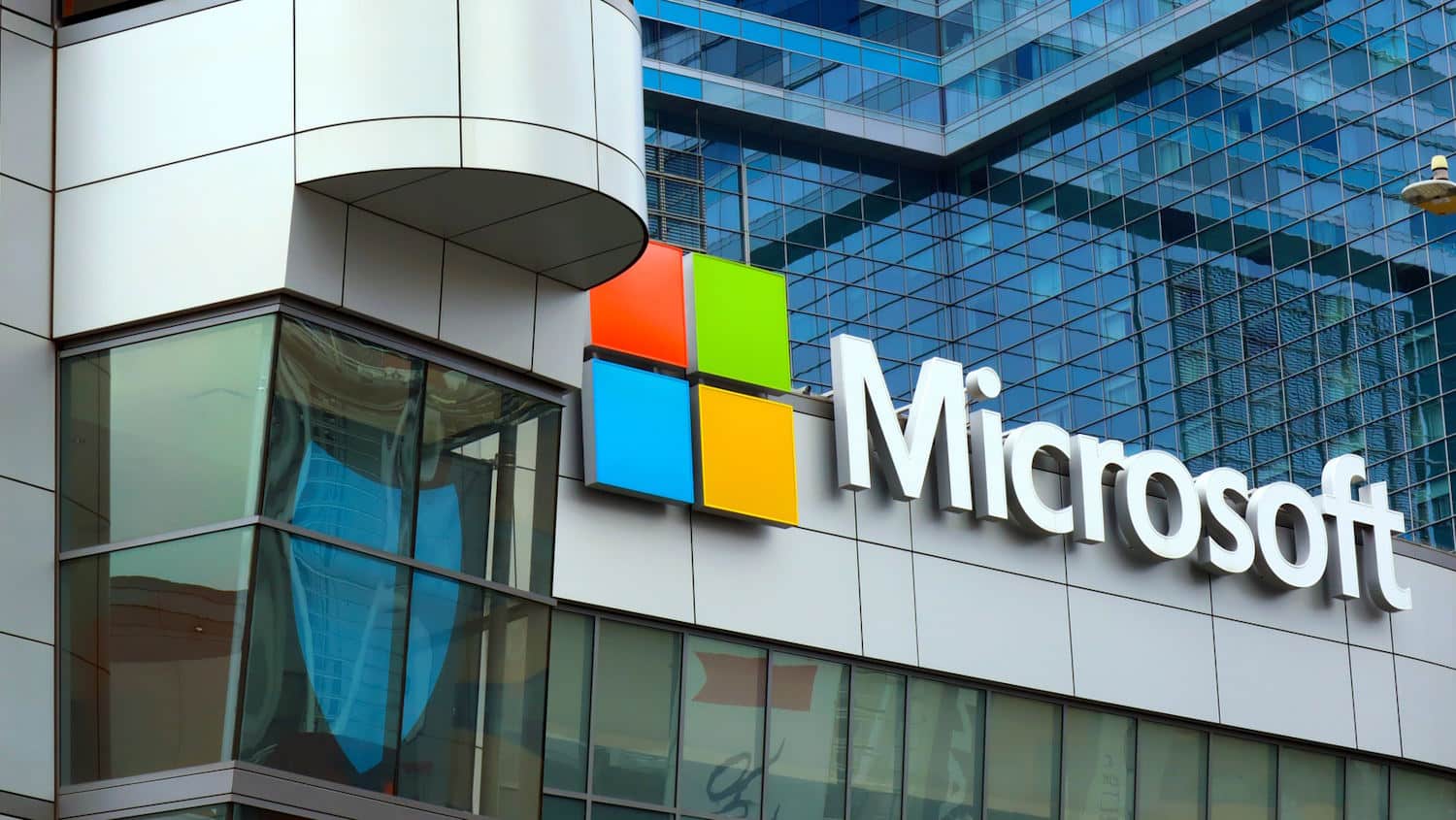
Microsoft issues critical .NET installer warning to developers
Citing an “unexpected change”, Microsoft has issued a warning to software developers to update their .NET Install links.
Microsoft is describing the situation as “critical”, and it comes after the bankruptcy of Edgio, a company responsible for hosting some .NET-related Content Delivery Network (CDN) instances. Developers are being told to take immediate action in order to avoid problems.
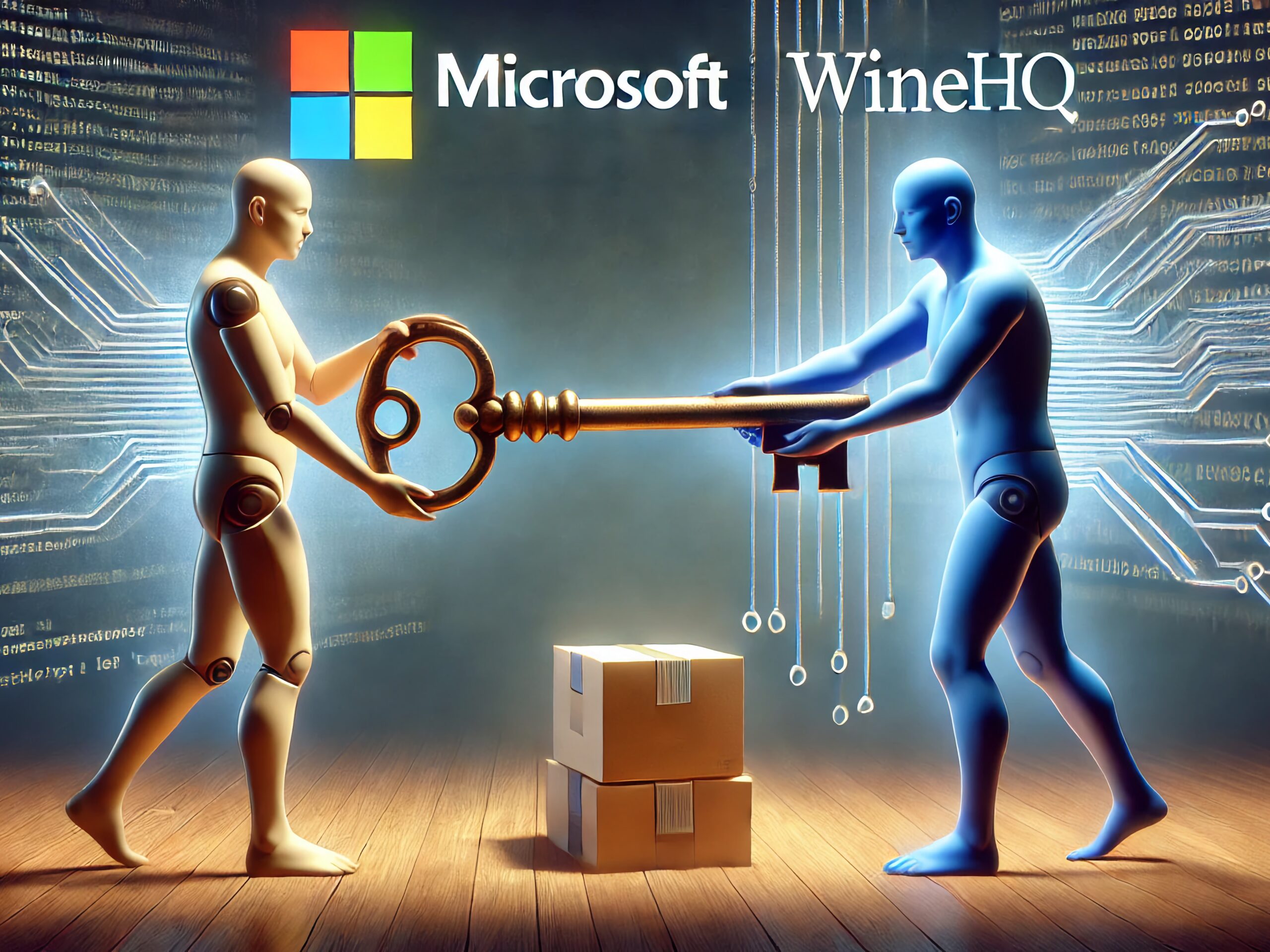
Microsoft transitions Mono project stewardship to WineHQ organization
The Mono Project, a key component of the .NET ecosystem since its start in 2001, is undergoing a transition. Originally created to allow developers to easily build cross-platform applications, Mono has been instrumental in extending .NET to various operating systems, including Android, iOS, and Linux.
After Microsoft acquired Xamarin in 2016, it became the steward of the Mono Project, continuing its development. The last major release of the original Mono Project occurred in July 2019, with only minor patch releases since, the most recent in February 2024.

Microsoft releases KB5022360 update to fix numerous Windows 11 issues
Ahead of a full, wider release next month, Microsoft has made available a preview version of the KB5022360 update for Windows 11.
This is a non-security update, but it does include -- in Microsoft's words -- "quality improvements". What this means in practice is that the update addresses a number of Windows 11 problems such as an issue with searchindexer.exe and another with firmware Trusted Platform Modules (TPM). It also introduces a change to the way .NET Framework update previews are installed.

Native .NET comes to Ubuntu hosts and containers
Microsoft and Canonical have announced that the .NET development platform is available as a native experience on Ubuntu hosts and container images, starting in Ubuntu 22.04 LTS.
This means .NET developers will be able to start their Linux journey with Ubuntu and will benefit from timely security patches and new releases as the two companies work together to deliver them.

Microsoft releases .NET Core Uninstall Tool for Windows and Mac
Microsoft has released a new tool that will please anyone who has been frustrated by the behavior of Visual Studio and its tendency to leave behind old versions of .NET Core SDKs and runtimes after an upgrade.
The company has launched the .NET Core Uninstall Tool for Windows and macOS -- Linux users miss out for the time being -- which enables developers to free up disk space by tidying up the mess of leftover SDKs and runtimes.

.NET Framework is dead -- long live .NET 5
Microsoft may not have said it out loud, but it's become increasingly clear over the past couple of years that .NET Framework is on its way out. With the software giant focusing most of its attention of making .NET Core faster and beefier, its longstanding predecessor has been slowly neglected, receiving only smaller changes every now and then.
While some have argued that .NET Framework is not dead, being the only framework in Microsoft's .NET family to support desktop applications, it was only a matter of time before its younger brother would be ready to replace it. And it looks like that's going to (finally) happen this summer, when .NET Core 3.0 launches. So, now, Microsoft is bracing developers for the inevitable -- .NET Framework will indeed be put out to pasture.
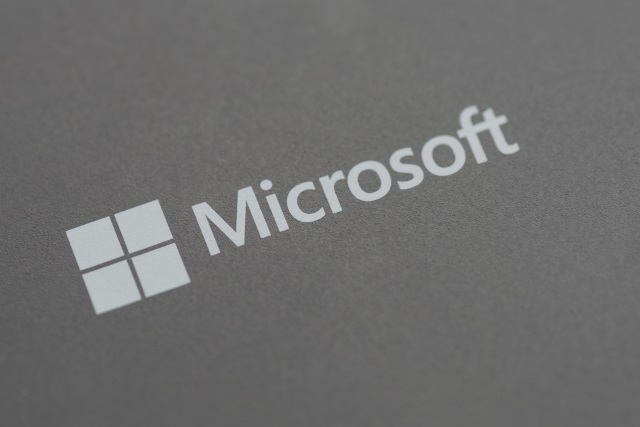
Microsoft introduces .NET Framework 4.7.1
With the release of Windows 10 Fall Creators Update, Microsoft pushed out a major update for .NET Framework, which arrives with a large number of changes, including support for .NET Standard 2.0, adding roughly 200 new APIs as a result, and improved performance.
And, for developers to be able to take advantage of the new features that are part of .NET Framework 4.7.1, Microsoft also updated the Visual Studio 2017 IDE to version 15.5.

How .NET Framework integrates big data
Companies of all sizes have started to recognize the value of big data collections and the need to take advantage of them. Development of software systems play a big role in big data analytics.
As companies proceed on their big data journey, they usually start by batch processing their big data assets. This can mean gathering and aggregating web log data, telemetry from IoT devices, user clicks from an app and more.
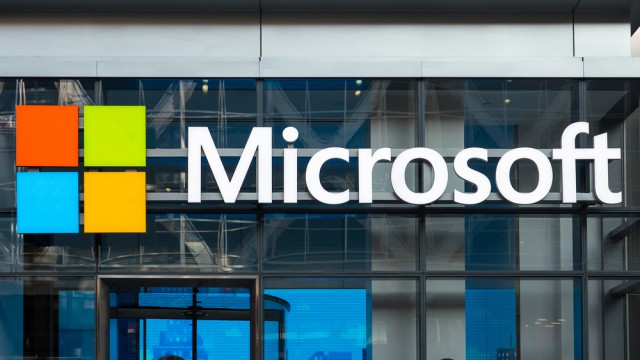
Microsoft releases .NET Core 2.0 -- here's what's new
The .NET Framework transformed with the release of .NET Core last year. From a Windows-only affair, the framework has gone cross-platform. What's more, Microsoft also made it open-source, adding support for macOS, Linux, Android and iOS.
And now it's taking things a step further by rolling out .NET Core 2.0, which comes with some major improvements to make it "easier to use and much more capable as a platform." Let's take a look at what is new.
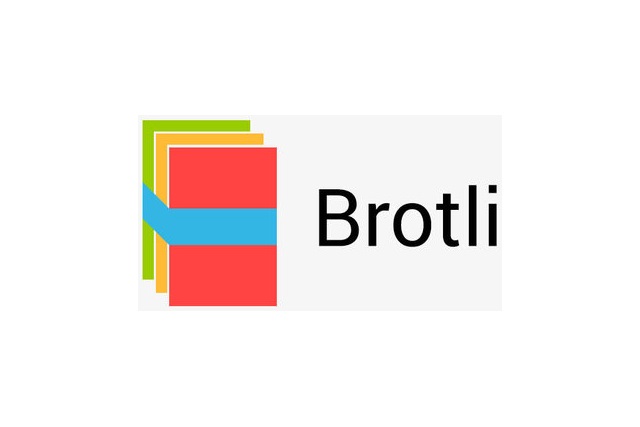
Microsoft brings Brotli compression to .NET in 'alpha-quality preview'
It is now two years since Google launched its open source compression algorithm, Brotli. Microsoft has already shown some interest in the technology, adding support to Edge late last year to speed up the loading of web pages. Having conducted rigorous tests with Brotli compression, Microsoft is now ready to bring it to .NET.
Microsoft's tests show that Brotli is at least as good as Deflate and gzip, in terms of compression levels and the amount of time it takes to compress and decompress. It is because of these results that Microsoft is happy to launch .NET support for Brotli compression "as an alpha-quality preview."

Popular Windows development UI library goes open source
User interface controls are important to creating applications for use across different devices as they need to retain the native look and feel of the OS.
To make life easier for .NET developers development company Progress is making its Telerik UI for Universal Windows Platform (UWP) open source. Telerik UI offers developers a set of native UI controls for building Windows apps.
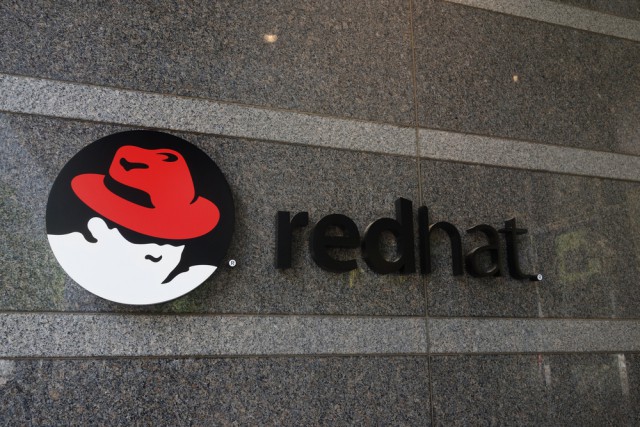
Microsoft releases .NET Core 1.0, complete with Red Hat Linux support
Today at the Red Hat Summit, Microsoft announced the launch of .NET Core 1.0. Continuing the company's embrace of other platforms, the latest version of the open source .NET runtime platform supports Windows, OS X, iOS, Android and -- of course -- Linux.
At the summit, Red Hat said that .NET Core 1.0 will be fully supported by Red Hat Enterprise Linux. With Microsoft's partnership with Red Hat late last year, and the company's on-going expansion into the cross-platform cloud, Linux support is not entirely surprising. Also announced today was ASP.NET Core 1.0 and Entity Framework 1.0 for developers to get to work with.
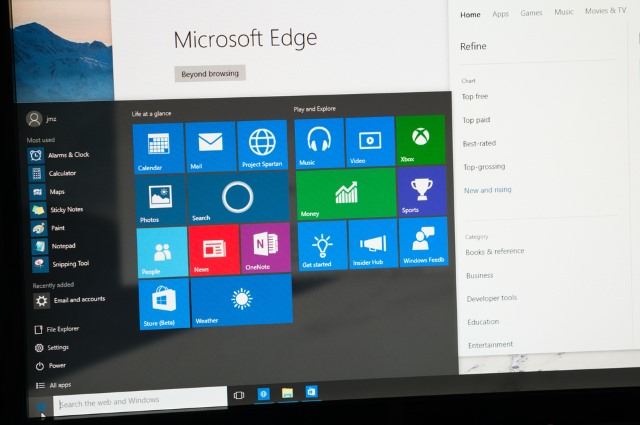
Microsoft's Desktop App Converter helps devs bring Win32 and .NET apps to the Windows Store
Apple has been hugely successful in building up an app ecosystem over the years, Microsoft rather less so. Today at Build, the Windows 10 manufacturer announced a tool that it hopes will bolster the number of apps that appear in the Windows Store: Desktop App Converter, part of the Project Centennial program.
The tool has been designed to make it possible for developers to convert legacy desktop apps into Windows Store-compatible AppX apps. The quick-and-easy conversion to Universal Windows Platform apps will enable developers to bring their creations to not just Windows 10 on the desktop, but also Xbox One and the Windows Mobile platform.
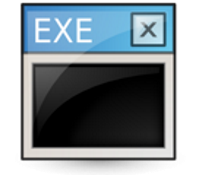
Peer deep inside .NET files with PExe
PExe is a tiny free tool for identifying and disassembling .NET executables.
This could be useful for basic troubleshooting (is this a .NET program?), looking inside an application before you run it, detecting signs of malware, and more.

New query tool makes life easier for .NET developers
Standard query tools can often lack the flexibility required to deliver precise results which results in the need for further processing and adds to data traffic.
To address this problem ScaleOut Software is announcing a new computational query tool that combines Microsoft's LINQ query with the company's own data-parallel computing technology to offer more powerful and flexible query tools for grid-based applications. Available with ScaleOut Software's suite of in-memory data grid products, including ScaleOut StateServer and ScaleOut ComputeServer, computational query makes it easy for .NET developers and architects to harnesses the full power of the grid's data-parallel compute engine and dramatically accelerate query processing. It's available for use with Java on both Linux and Windows systems.
